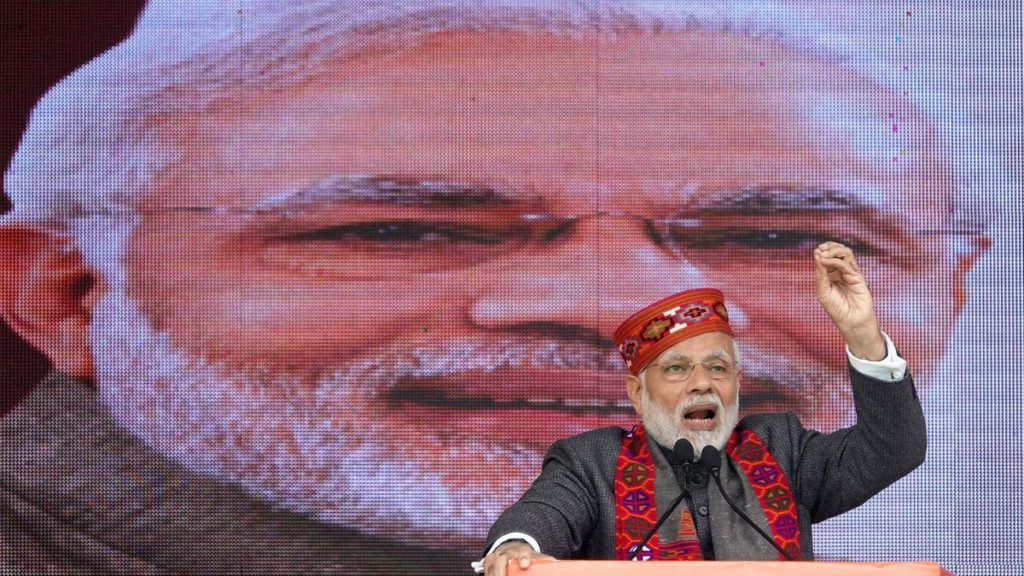In political terms, 2019 is going to be a busy year, but there are no guarantees that it will be a happy one.
Today, Jair Bolsonaro will be inaugurated as president of Brazil. The man widely referred to as the “Trump of the Tropics” has promised to “break the system”, but that is more likely to mean undermining democratic norms, political tolerance and moderation than tackling Brazil’s systemic corruption, violent crime and economic stagnation.
January 11 is the date US federal workers should get their first pay cheque of the year. But, at the time of writing, a resolution has not been reached to the partial government shutdown that has furloughed 380,000 federal employees and left 420,000 others working without pay. The impasse began at midnight on December 22 over funding for President Donald Trump’s signature campaign pledge to build a wall on the US border with Mexico. Now stretching into its second week and amid fears it could last even longer, the impact on ordinary Americans can only worsen. This is likely to prompt politicians of both the Republican and Democratic parties to look for a solution, weakening Mr Trump.
Then there’s Brexit. Britain’s departure from the European Union is officially set for 11pm GMT on March 29. But now there is little clarity on what form it will take, or whether it will happen at all. The British parliament will vote on Prime Minister Theresa May’s 585-page withdrawal agreement in the week beginning January 14. If that deal is rejected, Brexit could be delayed and a second referendum or general election called. Alternatively, there could be an economically damaging “hard” Brexit, a scenario in which there will be no preferential trading arrangement with the EU.
And finally, game-changing elections are coming up in India, South Africa and Nigeria.
First up is Nigeria, Africa’s biggest economy and the continent’s most populous country. It will hold national and state elections in February and March. Voters will get to choose a president, governors for 29 of the country’s 36 states, and federal and state legislators nationwide. President Muhammadu Buhari will face a stiff challenge from Atiku Abubakar of the People’s Democratic Party, which dominated Nigerian politics for 16 years after the end of military rule in 1999.
But one of the problems with a Nigerian election is the risk of violence. The independent NGO International Crisis Group has pointed out that the last three — held in 2007, 2011 and 2015 — brought about considerable unrest and that 2019 could be as bad or worse. Violence before or after the election has “wider implications”, an ICG report states, because it could undermine “the vote’s credibility” and become a national crisis. Such an outcome could undermine the gains of the 2015 presidential election, when Nigeria had its first democratic transfer of power.
India is next on this year’s election calendar with polls set to take place in April to May. Until recently, Prime Minister Narendra Modi and his Hindu nationalist Bharatiya Janata Party were seen as unbeatable, but 2018 ended with the party losing three state assembly elections. This suggests that the 2019 election will be hard-fought. Worse, it is likely that hardliners will play up divisive issues such as the building of the controversial Ram temple in Ayodhya, as the BJP veers further to the right to consolidate its base.
In a sense, India’s impending election will be even more significant than that of 2014, when Mr Modi led the BJP to the country’s first single-party parliamentary majority in 30 years. Some have said that the vote will be a struggle for India’s soul. Will the nation choose majoritarianism and muscular Hindutva over the secularism enshrined in its constitution? This will have implications for the wider world’s view of the nation as a global political and economic power. According to the London-based Centre for Economics & Business Research, India could overtake the UK to become one of the world’s five biggest economies in 2019. But a lurch further to the right could prove offputting to foreign investors.
Then there’s South Africa, which is set to go to the polls in May. Since making the transition to post-apartheid democracy 25 years ago, South Africa has placed its trust in the governing African National Congress. Now led by President Cyril Ramaphosa, the party has won all five elections held since 1994, but it has been tarnished by the record of the former president Jacob Zuma, who stepped down in February 2018 in the face of repeated allegations of corruption and a no-confidence motion against him. This may result in a lower share of the vote, pushing South Africa into a new era of coalition government.
Clearly, around the world, 2019 will show the perils and the possibilities of democracy.


